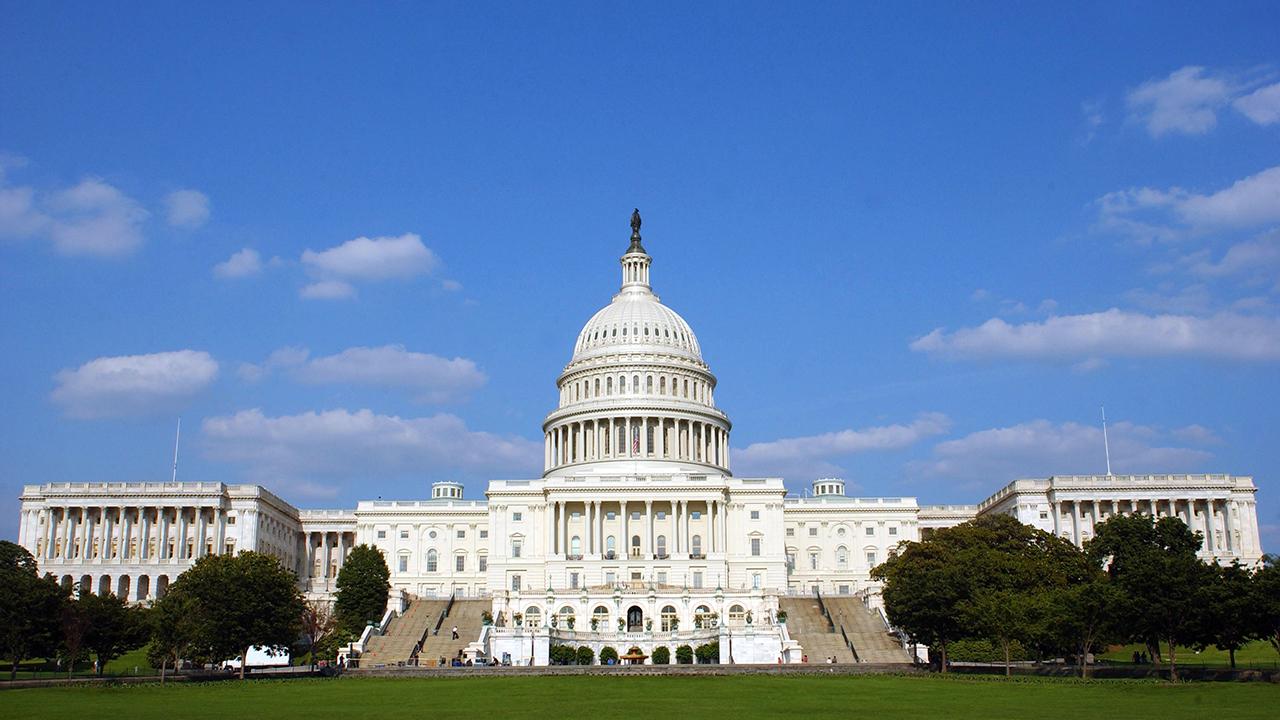Here’s why some people received stimulus cash on prepaid debit cards
Millions of individuals received debit cards instead of paper checks
About 4 million Americans received their economic impact payments on prepaid debit cards, which confused some and caused concern that some people may mistake the mailing for junk.
The debit cards, issued by the Treasury Department’s financial agent MetaBank, were sent to some individuals instead of paper checks who didn’t have direct deposit information on file with the tax agency.
CORONAVIRUS IRS STIMULUS PAYMENTS ON PREPAID DEBIT CARDS ARRIVING: WHAT TO KNOW
These people were determined by a part of the Treasury Department known as the Bureau of the Fiscal Service.
The reason the IRS alternated from paper checks to the prepaid debit cards is that the BFS was limited by how many checks it was able to print per week, so the government transitioned to prepaid debit cards in an effort to get people their money more quickly.
While direct deposits were able to be input immediately, the check-mailing process itself was noticeably slower. The government began sending checks toward the end of April.
The agency responsible for printing checks can only print about 5 million per week.
On the plus side, the debit card provides a number of consumer protections against fraud, loss and other errors.
CORONAVIRUS STIMULUS PREPAID CARDS MAILED IN PLAIN ENVELOPES ARE NOT JUNK MAIL, IRS CAUTIONS
However, the government began warning people not to throw out the payments, which were sent in a “plain envelope” from "Money Network Cardholder Services."
Unsuspecting individuals could mistake the envelope for junk mail or even a credit card promotion, especially since many people are likely not aware their payment will be arriving on a prepaid card instead of in the form of a check.




















